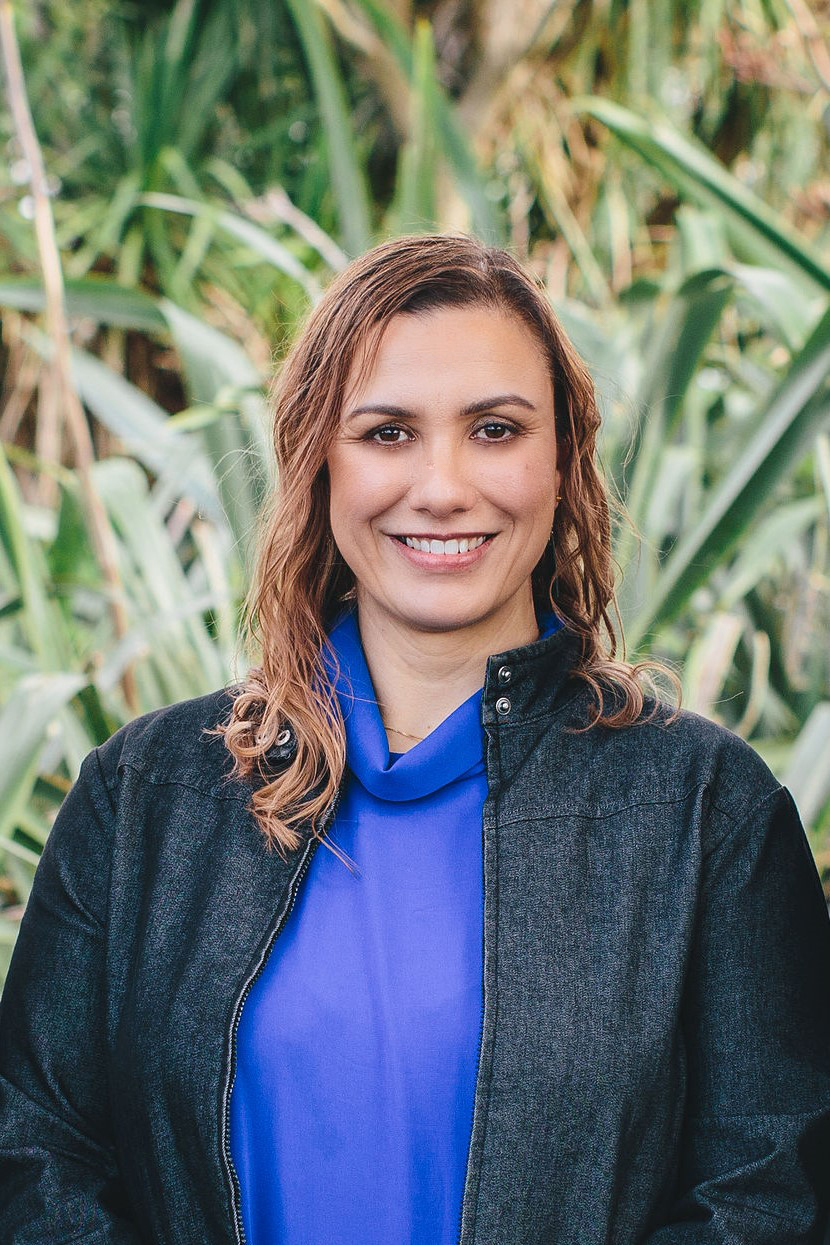
1 minute read
Case Study Interview: ARA Journeys
ARA Journeys is an award-winning digital technologies company with storytelling platforms that combine augmented (AR), virtual (VR), mixed (MR) realities and artificial intelligence (AI) to bring history to life through gamified experiences that promote connection, education, and exploration. Ara works with Indigenous peoples,
community organisations, schools, and businesses around the world to help connect people to culturally significant sites and preserve Indigenous knowledge and stories for future generations. Their mahi spans education, environment, health & well-being, tourism and information technology.
What is your understanding of Māori digital entrepreneurship and/or digital entrepreneurs?
Amber says ‘the way we operate and undertake business is different: our values, our business models, how we rate ourselves as Māori entrepreneurs in that digital tech space; it’s not the same as how other digital entrepreneurs operate or act. If we’re talking in terms of definitions, the definition is the way we structure our days and structure our companies and how we look after our team members and our communities, that’s where things are different.”
She says one of the first things her and Dr Isaac Warbrick, co-founder of ARA Journeys, did was make sure that how they operated, positioned and brought the company to life from a Te Ao Māori lens. “We’re 100 percent Māori owned; Isaac and I are the only shareholders in that company and currently all my staff are Māori.” “It’s definitely a point of difference. We haven’t done an investment raise or appointed external investors, we can hand on heart stand up and say we’re 100 percent Māori owned. There’s no other influences or other people putting pressure on us to make decisions that don’t align with our values and the missions that we’ve set up for our company so it’s definitely a point of difference. In the Western traditional tech networks and circles and even across some of our Māori tech networks and communities some of them have raised investment or they have other shareholders and external influences associated with their companies that could be influencing some of their decision making. Whereas we can stand up and be the only decision makers for our company. When we work with iwi or when we’re engaging with our different Māori communities, I think for us, it’s been a lot easier to build relationships and navigate in that space because we don’t have anyone else coming in who could be looking to take IP from us, or could really misuse some of the information that we’re given to use within our platforms.”
What do you think the Government should do to encourage Māori entrepreneurship in the digital space?
“We need more Māori on those boards that are making the decisions on where funding is going. I’m not talking about just academics, there needs to be industry representation there as well. One of the struggles that we have all the time is getting Government organisations to understand, like really understand the way that we operate as a business where we judge ourselves and our value on the impact that we’re having in communities.”
What do you think the barriers are to companies operating in your way?
According to Amber, there is a lack of support in terms of funding from the Government. Furthermore, she says tech moves phenomenally fast, she says for her company they always benchmark everything that they’re going to build based on what’s happening internationally and what they’re predicting for the next 20 years, ‘so rather than going oh yeah this is hot now, we’re looking at what international companies are planning for the future, and how we can futureproof our platforms as well as work out what future tech we want to incorporate now.’ She says that’s the only way they’re going to be able to stay ahead of the game if they want to be change-makers and game-makers in the sector.
How can rangatahi become involved in this growing sector?
Amber, who grew up in South Auckland, says she has gone into schools, ‘and they [event organisers] put these big flashy buzz words in front of them and all these bright lights and these kids just want to know what can I do now, how can I make some money to contribute to my family and how can I do this in a time that’s suitable for me because I’ve got a million other things that I need to do, that I’m committed to doingwhether that be sport, whānau, part-time job or whatever.’
“I think there’s value in actually having real people go into these schools and speak with these students and be like, you know what, you can do this, and if you do this animation thing why don’t you think about selling some of your characters. Having a realistic option available, rather than pushing traditional educational frameworks ‘do this diploma then sign up for this degree then five years down the track you can get a job and contribute to your whānau.’”
Furthermore she says we need more Māori in tech, ‘but STOP selling the idea based on the current hype of the tech sector, big flashy lights, buzz words and all the cool tech robots and Star Wars games. Show our rangatahi how they can get involved now. The valuable, readily attainable skills they can actually go out and use now.’










